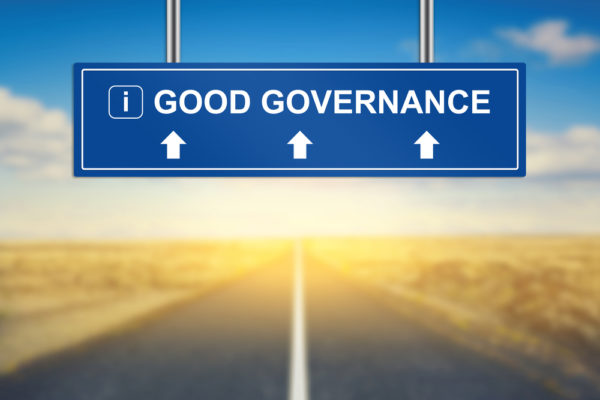The Institute of Directors’ 2017 Good Governance Report is positive news for the FTSE100. The quality of governance, based on traditional key indicators such as audit and risk, board effectiveness, remuneration and reward, is excellent and speaks to the serious and professional approach that our most high-profile companies have taken.
However, the Good Governance Report is evolving, just as society’s ideas of what constitutes good governance is changing. Increasingly we are moving away from the narrow definition of financial performance towards a broader definition that takes into account an organisation’s impact on all its stakeholders.
Yes, there are very few companies who now have a joint chairman and chief executive role, and the audit and remuneration meets regularly, but governance is about much more than that.
Key questions
I believe the issue of operational governance is becomingly increasingly critical and in this area there is still much work to do. The key questions we need to answer are: How can the board ensure that its writ runs through the entire organisation? How can we ensure that operational divisions, joint ventures and, crucially, the supply chain, understands what the board wants and is operating in accordance with the rules set down at the highest levels of an organisation?
It is not enough for the board to assume that its instruction runs through an organisation or that its employees across the world understand what it wants.
To address the issue of operational governance, the 2017 report includes a number of key indicators that relate to the ability of organisations to take the aims and ambitions of the board down into the body of the organisation. Specifically, the report asks whether a company is signatory to the UN Global Compact and the Prompt Payment Code, for example.
But, important as these are, operational governance is about much more. Faults occur when decisions made at board level are not effectively translated into the operation of a business, or where the decisions that are made are left open to interpretation.
Nobody can tell me that the board of directors at Tesco instructed their buyers to purchase horse-meat burgers, or that the most senior people at Bell Pottinger encouraged one of their account teams to incite racial division in South Africa.
These are clear failures of operational governance, made out of sight of the board, but which have had enormous impact on the organisation, its employees and its shareholders. When the audit and remuneration fails to function, the result is a high-profile spat at the annual general meeting with irate institutional shareholders. When operational governance fails, the results of years or even decades of hard reputation-building work can disappear in the blink of an eye, and the knock-on commercial effect can be devastating.
It would be easy to think that such things could never happen in your own company. But in any organisation, the danger of “group think” is a very real one. Assume everything is alright, neglect the processes that are crucial to best practice, and complacency can rapidly set in across the organisation. From there, it can be only a matter of time until a major issue arises, whether as a result of a “cock-up” or a “conspiracy”.
Anticipate and adapt
There is a need for boards to anticipate and adapt to avoid these types of crisis from the start. A clear way of doing this is to consider not only what the intended results of an instruction could be, but also the unintended results. This is something that is done as a matter of course in the development of new products and services, but can be neglected in the case of strategy development and direction.
In my role at Lloyd’s Register, for instance, we took a very practical approach to this issue. Having worked out what could go wrong from an ethical and reputational standpoint, the resultant communication would include both the intended action and the way in which the instruction shouldn’t be interpreted—in very basic terms what we did and did not want to happen. It sounds like common sense, but this type of check could have prevented some of the most-high profile scandals in recent times.
All of this makes the role of operational governance crucial. It’s about how directors and executive teams convey their aims and ambitions across the broader organisation—the bridge between the people who set strategy and those who turn it into reality. Without it, the organisation cannot understand what the board needs from it, and so cannot deliver and provide feedback to the board on the results achieved.
In short, operational governance ensures the board’s intent is realised correctly. What is vital is for decision-makers to be clear about their intent, to ensure the organisation interprets that intent, then delivers it; and finally for decision-makers to know what is being delivered and that it will achieve the desired outcomes.
As executive and non-executive directors, it is our role to ensure that the checks are in place to ensure governance decisions and policy are implemented, because if we don’t, the implications for business and society can be catastrophic.
Estelle Clark is director of policy at the Chartered Quality Institute; a non-executive director of Riversimple, the hydrogen fuel cell eco-car company; and a member of the Governance Advisory Panel at the Institute of Directors.




